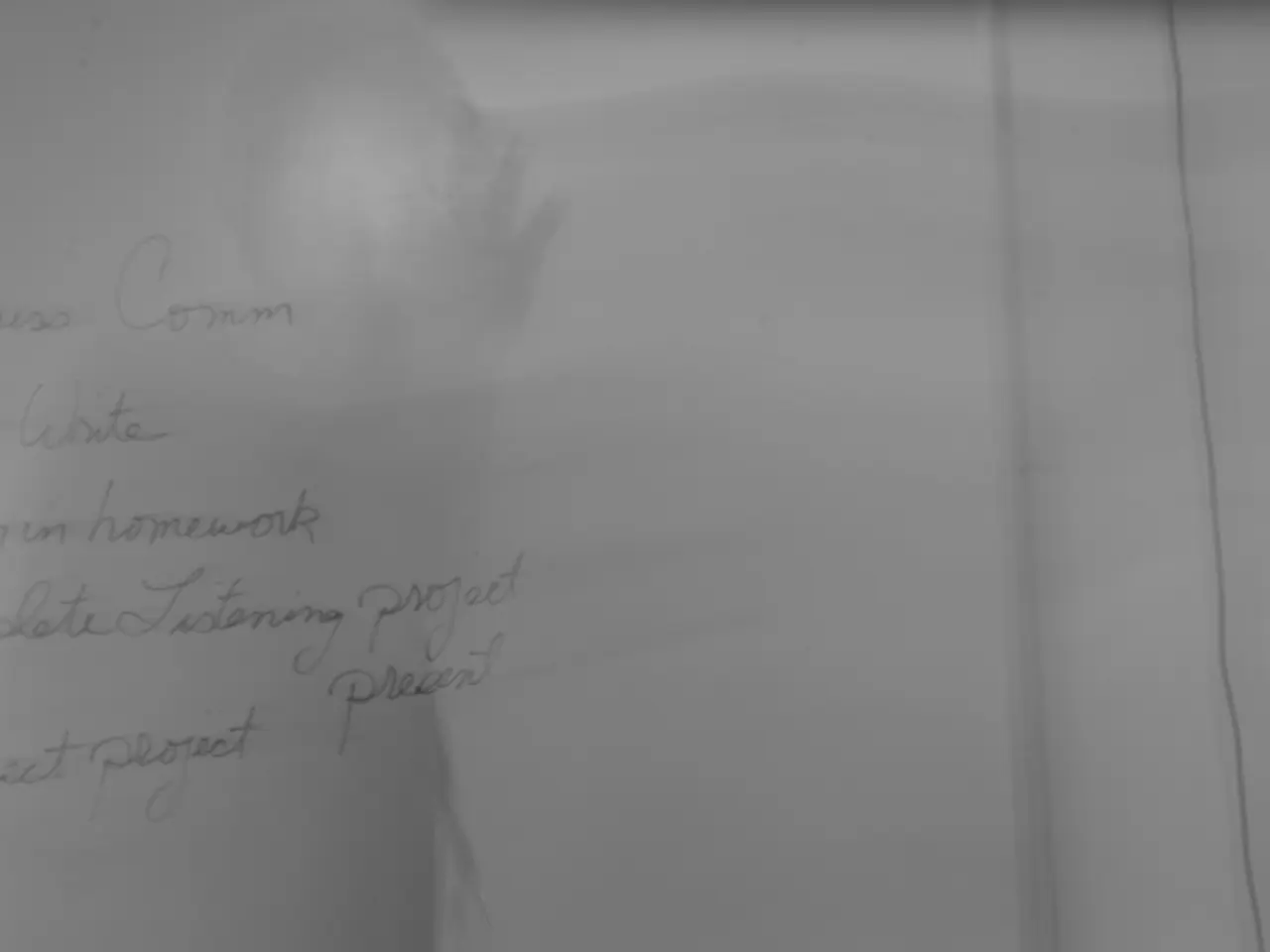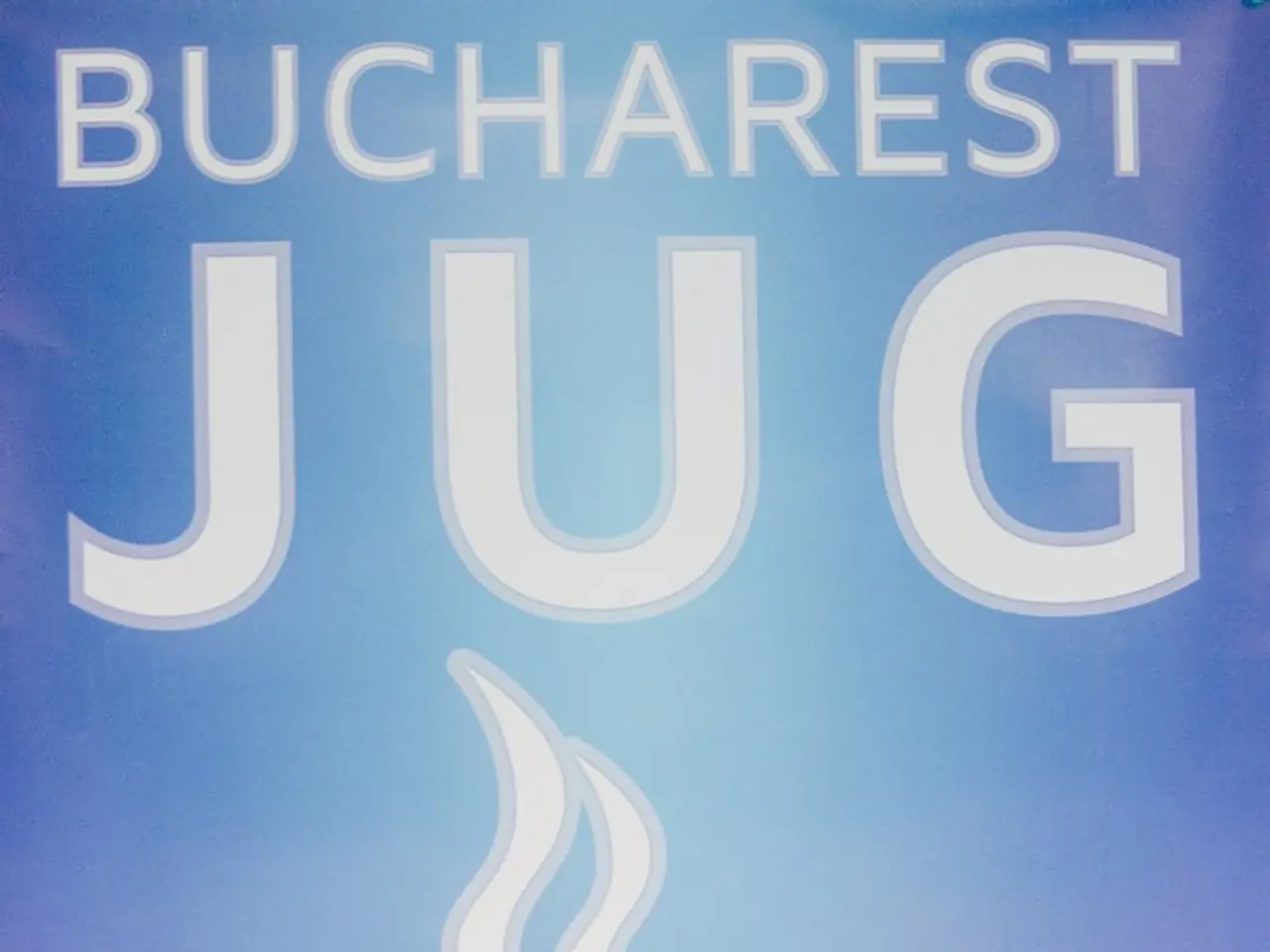First State, Washington, Introduces the "Uniform Antitrust Pre-Merger Notification Act" in Antitrust Legislation
New Washington State Law Expands Merger Notification Obligations
A new law in Washington state, S.B. 5122, is set to take effect on July 27, 2025, marking the first comprehensive state merger notification law of its kind. This legislation, known as the Uniform Antitrust Pre-Merger Notification Act (UAPMNA), will impose additional premerger filing requirements on top of the federal Hart-Scott-Rodino (HSR) Antitrust Improvements Act of 1976.
Unlike the HSR Act, which is a federal law requiring premerger notification filings for transactions over certain nationwide thresholds, the Washington UAPMNA applies only to transactions that already meet federal HSR reporting criteria but have a sufficient nexus to Washington. This creates a layered notification obligation on top of the federal filing.
The Washington UAPMNA triggers filing obligations if:
- A party’s principal place of business is in Washington.
- The party or any controlled entity has net sales of goods or services in Washington equal to at least 20% of the HSR threshold.
- The party is a healthcare provider or organization conducting business in Washington.
In contrast, the HSR Act applies nationally without geographic sales nexus criteria, focusing on the size of the transaction and size of parties, not by location of business or sales.
Under the Washington UAPMNA, parties with a principal place of business in the state must submit a complete copy of the HSR filing, including all exhibits and attachments, contemporaneously to the Washington Attorney General (AG). Other parties may need to provide exhibits upon request. The HSR Act, on the other hand, requires filing only with federal agencies (FTC and DOJ), and there is no requirement for states to receive filings.
The purpose of the Washington law is to give state antitrust enforcers more lead time and information to analyze mergers affecting Washington consumers, supplementing federal enforcement. The HSR Act is the long-standing federal mechanism for early notification and review of mergers for antitrust risks nationwide.
The Washington UAPMNA differs from the HSR Act in several key ways, including not requiring HSR filing attachments in the first instance, not having a filing fee, not having a statutory waiting period, and having no exemptions. It also includes a healthcare provider/organization carve-in, adding a specific criterion not present in the HSR Act.
Colorado recently became the second state to enact a uniform pre-merger law, which will become effective on August 6, 2025. Parties should stay informed on the evolving landscape and variance in state-level notification laws. Companies or individuals required to make an HSR filing should work with antitrust counsel early to check for any qualifying Washington nexus under the new law to determine whether a state notification is necessary.
Parties should work with antitrust counsel who are up to date on the state of play in all relevant jurisdictions to ensure that all required filings are being made. Parties who fail to file their qualifying HSR with the state of Washington can be held liable for civil penalties of up to $10,000 per day. The current HSR Act penalties are $53,088 per day, covering a broader range of conduct than just failure to notify.
It's important to note that materials shared with the Federal Trade Commission, the Antitrust Division of the Department of Justice, or the attorney general of another state are exceptions to the confidentiality rule. Parties may still need to provide waivers for the Federal Trade Commission or the Antitrust Division of the Department of Justice to share information with the Washington Attorney General.
In brief, the HSR Act is a federal statute that triggers premerger filings based on nationwide thresholds and party size, filed solely with federal agencies, while the Washington UAPMNA is a state law that requires additional premerger filings to Washington’s AG alongside federal filings when a transaction has a significant nexus to the state, thereby adding further state-level scrutiny to the federal process.
- The new Washington state law, S.B. 5122, set to take effect in 2025, expands merger notification obligations, creating a layered requirement on top of the federal Hart-Scott-Rodino (HSR) Antitrust Improvements Act.
- Under the Washington Uniform Antitrust Pre-Merger Notification Act (UAPMNA), parties should be aware of their additional premerger filing responsibilities, especially if their principal place of business is in Washington.
- The Washington UAPMNA triggers filing obligations when: a) A party's principal place of business is in Washington, b) The party or any controlled entity has net sales of goods or services in Washington equal to at least 20% of the HSR threshold, c) The party is a healthcare provider or organization conducting business in Washington.
- Unlike the HSR Act, the Washington UAPMNA applies only to transactions that already meet federal HSR reporting criteria but have a significant nexus to Washington.
- Parties with a principal place of business in Washington must submit a complete copy of the HSR filing, including all exhibits and attachments, contemporaneously to the Washington Attorney General.
- Companies required to make an HSR filing should work with antitrust counsel to determine whether a state notification is necessary under the new Washington law to avoid civil penalties of up to $10,000 per day.
- Antitrust counsel should be aware of the evolving landscape and variance in state-level notification laws, such as the recently enacted uniform pre-merger law in Colorado.
- In the case of sharing materials with federal or other states' agencies, parties may need to provide waivers for the Federal Trade Commission or the Antitrust Division of the Department of Justice to share information with the Washington Attorney General.
- The Washington UAPMNA includes a healthcare provider/organization carve-in, adding a specific criterion not present in the HSR Act.
- Parties should ensure that all required filings are being made in all relevant jurisdictions to mitigate antitrust risks and facilitate smooth business operations, considering the differences between federal and state laws such as the HSR Act and the Washington UAPMNA.




